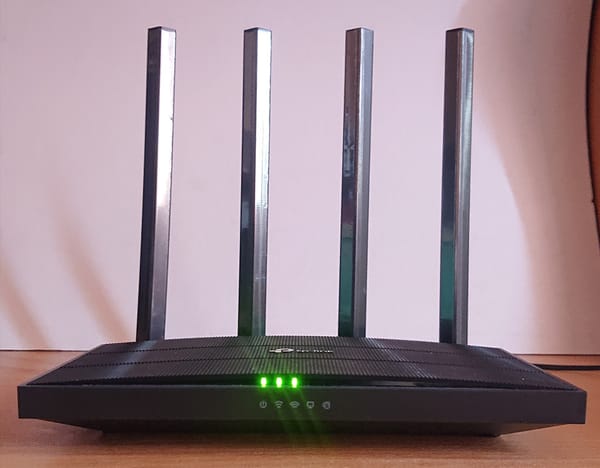Google sues Chinese smishing giant Lighthouse Enterprise for scams across 120 countries
UK proposes new cyberattack defenses, UK to allow tests of AI systems to gauge CSAM potential, Oz spy chief says China probed country's telecom networks, China blames US gov't for $13b LuBian theft, Google unveils Private AI Compute, MSFT issues fixes for 63 flaws, much more





